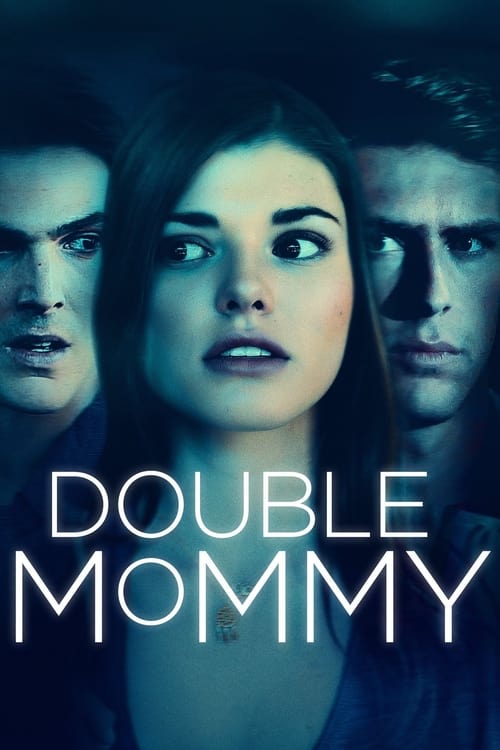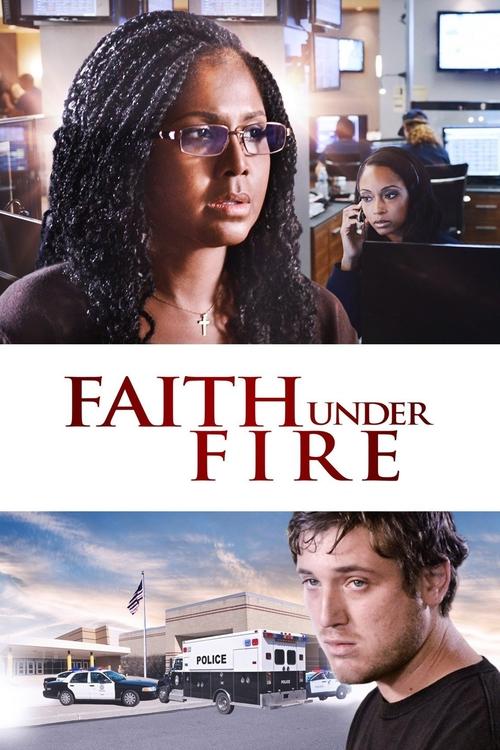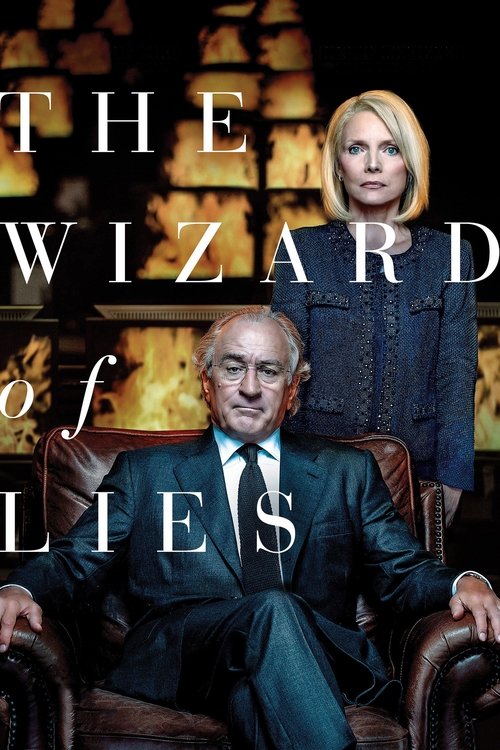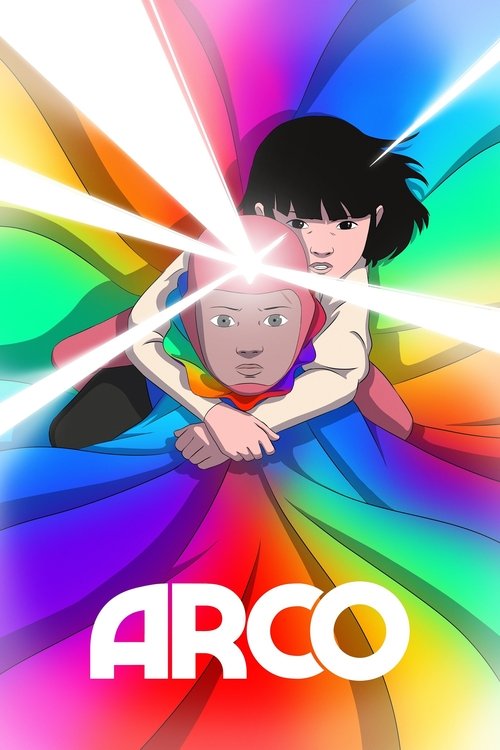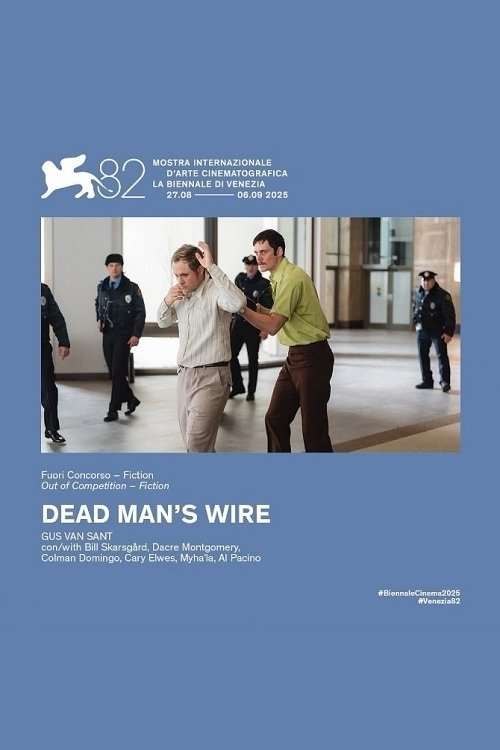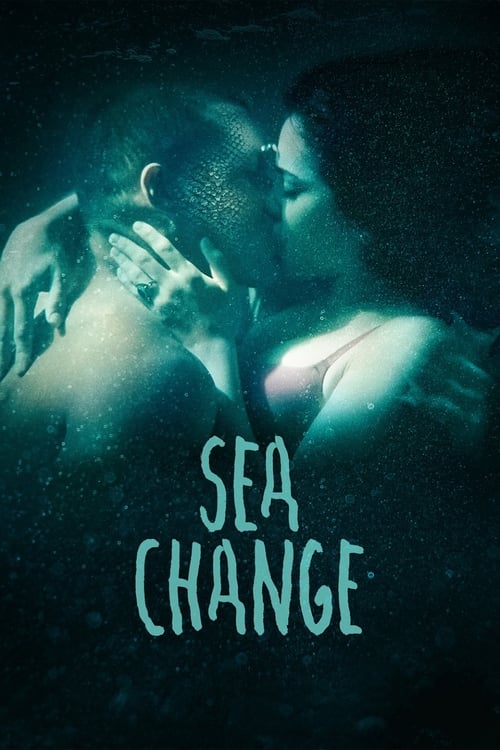
Ask Your Own Question
What is the plot?
The story of Double Mommy (2016) opens in the quiet suburban world of Jess Bell and Ryan, two high school seniors who have taken a break over the summer but reunite as their senior year begins. Jess is warm and hopeful, Ryan is earnest and protective, and Brent Davick, Ryan's best friend, is introduced as a charismatic but subtly unsettling figure. The three share a complicated friendship triangle, with Brent's charm masking darker intentions.
One summer night, while Jess's parents are out of town, she attends a party where she reconnects with Brent. The evening starts innocently enough--laughter, music, and the easy camaraderie of youth--but quickly turns sinister. Jess clearly says no to Brent's advances, but he ignores her refusal, slipping something into her drink. The party's vibrant atmosphere fades into a nightmare as Brent date-rapes Jess. The camera lingers on Jess's horrified face, the betrayal cutting deeper because Brent is Ryan's best friend. This traumatic event is the dark seed from which the story's tension grows.
Months later, Jess and Ryan rekindle their relationship, hopeful about their future. But Jess is hiding a secret--she is pregnant with twins. The pregnancy test, taken at Ryan's insistence and pushed by his mother, reveals the twins, but the joy is short-lived. Ryan's mother demands a paternity test, a moment heavy with suspicion and fear. The results shock everyone: one twin is Ryan's, but the other is Brent's. This revelation fractures the fragile peace between the three young people.
Ryan confronts Brent in a tense, emotionally charged scene. The setting is a quiet, dimly lit room where Ryan demands answers. "How could you? You're my best friend," Ryan says, voice cracking with betrayal. Brent, defensive and desperate, denies the date rape, claiming the encounter was consensual. His denial only fuels Ryan's anger and determination to protect Jess and their unborn children.
Jess confronts Brent separately, her voice trembling but resolute: "You took something from me that night. You have to take responsibility." Brent's attempts to manipulate and gaslight her escalate, revealing his willingness to do anything to clear his name and protect his future, especially with college recruiters looming. The pressure mounts as Brent's facade cracks, exposing a man terrified of losing everything.
Throughout the film, the tension builds as Brent's desperation grows. He contacts Ryan and Jess, trying to sow doubt and confusion, even threatening to expose secrets that could ruin them all. The emotional strain on Jess is palpable--she is caught between fear, anger, and the overwhelming responsibility of impending motherhood.
The climax unfolds in a heated confrontation at Jess's home, where Ryan, Brent, and Jess face off. Ryan's voice is fierce: "You're not going to ruin this for us. Not for our babies." Brent, cornered and unraveling, lashes out verbally but stops short of violence. The scene is charged with raw emotion, the camera capturing every tear, every clenched jaw.
Unlike many dramas of this nature, Double Mommy does not include physical deaths. Instead, the film's climax is an emotional death--the death of trust, innocence, and friendship. Brent's actions have permanently altered the lives of everyone involved. The film closes on a note of cautious hope: Jess and Ryan, though scarred, prepare to face the future together, united by their love for their children. Brent is left isolated, his attempts to clear his name having only exposed his guilt.
The final scene is tender and bittersweet. Jess, cradling her growing belly, looks out a window as Ryan stands beside her, his hand resting protectively on her shoulder. They exchange a look that says they will endure whatever comes next. The camera pulls back slowly, fading to black, leaving the audience with the weight of the story's emotional truth.
In Double Mommy, every confrontation, every revelation, and every moment of silence builds toward a powerful exploration of betrayal, resilience, and the complex bonds that define family. The story lays bare the consequences of one night's violence and the strength it takes to move forward.
More Movies Like This
Browse All Movies →
What is the ending?
In the ending of "Double Mommy," the protagonist, a young woman named Sarah, confronts the consequences of her actions after discovering that she is pregnant with twins. The climax reveals a shocking twist involving her mother, leading to a tragic conclusion where Sarah's life spirals out of control.
As the film progresses towards its conclusion, Sarah is seen grappling with the reality of her situation. The tension builds as she realizes that her mother has been hiding a dark secret. In a pivotal scene, Sarah confronts her mother, leading to a heated argument that exposes the underlying issues in their relationship. The emotional weight of betrayal and fear hangs heavy in the air as Sarah struggles to understand her mother's motivations.
In the final moments, Sarah's world collapses. The film culminates in a tragic event that leaves Sarah devastated and alone, highlighting the themes of familial conflict and the consequences of choices made in desperation. The fate of Sarah is left ambiguous, but it is clear that her life will never be the same.
Expanding on the ending in a chronological and narrative fashion:
As the film nears its climax, Sarah is increasingly overwhelmed by the weight of her impending motherhood. She feels isolated, caught between her own desires and the expectations placed upon her by her family. The tension in her home escalates, and she begins to suspect that her mother is hiding something significant.
In a pivotal scene, Sarah confronts her mother in the living room, the atmosphere thick with unspoken words. The camera captures the raw emotion on Sarah's face as she demands answers. Her mother, initially defensive, eventually reveals a shocking truth about her own past and the circumstances surrounding Sarah's conception. This revelation shatters Sarah's perception of her family and herself, leading to a fierce argument that echoes through the house.
As the confrontation reaches its peak, Sarah's emotions boil over. She feels betrayed and angry, her voice rising as she accuses her mother of lying to her all her life. The camera zooms in on her mother's face, revealing a mix of regret and fear. The emotional stakes are high, and the audience can feel the weight of their fractured relationship.
In the aftermath of their confrontation, Sarah is left reeling. She steps outside, the night air cold against her skin, and she grapples with the reality of her situation. The camera follows her as she walks aimlessly, her mind racing with thoughts of her future and the twins she is carrying. The weight of her choices presses down on her, and she feels utterly alone.
The film's climax arrives when Sarah faces a tragic decision that leads to a devastating outcome. In a heart-wrenching scene, she is forced to confront the consequences of her actions, and the emotional turmoil culminates in a moment of despair. The camera captures her anguish as she realizes that her life has irrevocably changed.
In the final moments, the screen fades to black, leaving the audience with a sense of unresolved tension. Sarah's fate remains uncertain, but it is clear that the events of the film have left a profound impact on her. The film closes with a haunting reminder of the complexities of family dynamics and the heavy burden of choices made in moments of crisis.
The fate of Sarah is left ambiguous, but the emotional scars of her journey are evident. Her mother, too, is left to grapple with the fallout of their confrontation, suggesting that both characters will have to navigate the consequences of their actions moving forward. The film ends on a somber note, emphasizing the themes of loss, betrayal, and the struggle for understanding within familial relationships.
Is there a post-credit scene?
In the movie "Double Mommy," there is no post-credit scene. The film concludes without any additional scenes or content after the credits roll. The story wraps up with the resolution of the main plot, focusing on the intense and dramatic events that unfold throughout the film. The absence of a post-credit scene allows the audience to reflect on the film's themes and the characters' journeys without any further distractions.
What happens to the main character, Sarah, after she discovers she is pregnant?
After Sarah discovers she is pregnant, she experiences a whirlwind of emotions, ranging from joy to fear. She grapples with the implications of becoming a mother and the changes it will bring to her life. As she navigates her pregnancy, she becomes increasingly anxious about her relationship with her boyfriend, leading to tension and conflict.
How does Sarah's relationship with her boyfriend, Jake, evolve throughout the film?
Sarah's relationship with Jake begins as a loving partnership, but as the story progresses and the pregnancy complicates their lives, cracks begin to show. Jake's initial excitement turns to frustration as he struggles to understand Sarah's emotional turmoil, leading to arguments and a sense of distance between them.
What role does Sarah's mother play in her journey during the film?
Sarah's mother serves as a source of support and guidance throughout her pregnancy. She offers advice and shares her own experiences, which helps Sarah navigate her fears and uncertainties. However, there are moments of tension as Sarah seeks independence and struggles to assert her own choices.
What is the significance of the double life that Sarah leads in the film?
The double life that Sarah leads symbolizes her internal conflict and the struggle between her desires and responsibilities. As she juggles her pregnancy and her relationship with Jake, she often feels torn between the person she wants to be and the expectations placed upon her, leading to moments of intense emotional struggle.
How does the film portray the theme of motherhood through Sarah's character?
The film portrays motherhood through Sarah's character as a complex journey filled with joy, fear, and self-discovery. As she faces the challenges of pregnancy, her character evolves, showcasing her growth and resilience. The emotional weight of her decisions and the impact on her relationships highlight the multifaceted nature of becoming a mother.
Is this family friendly?
"Double Mommy," produced in 2016, is not considered family-friendly due to its themes and content. Here are some potentially objectionable or upsetting aspects that may affect children or sensitive viewers:
- Violence: The film contains scenes of physical confrontation and threats that may be disturbing.
- Mature Themes: The storyline involves complex adult relationships, infidelity, and deception, which may not be suitable for younger audiences.
- Emotional Distress: Characters experience intense emotional turmoil, including fear, betrayal, and anxiety, which could be unsettling.
- Parental Conflict: The film explores themes of family dysfunction and conflict, which may resonate negatively with some viewers.
- Suspenseful and Tense Moments: The film builds tension through suspenseful scenarios that could be frightening for younger viewers.
Overall, the film's content is more appropriate for mature audiences due to its serious themes and emotional intensity.

